Content warning: domestic violence. This artists’ work includes graphic images created using makeup.
The Badger is excited to feature this young photographer and to help her raise awareness of domestic violence and combat it. In the context of reports about consent, sexual violence and domestic violence on campuses across the world, and of the stories we have covered relating to these topics at Sussex, we are making the effort to open up discussion of these issues in our publication. It’s time to realise how big is the unseen epidemic of domestic violence.
We have chosen to let artist Fanny Beckman’s words and photography speak for themselves.
Currently studying English at Sussex.
“I got my first camera when I was four years old and since then, photography has been a huge part of my life. The main theme of my art is gender equality. My work always discuss different problems women are facing in today’s society. This project is a collaboration with the Women’s shelter of Malmo, which is located in my hometown. My ambition with these photos is to spread knowledge about domestic violence: How common it is and that it can happen to anybody – to women of all ages, backgrounds and with different sexualities. I got the idea in January 2016 when I had been a volunteer at the women’s shelter for six months, we took the photos in May and in October we had an exhibition at the Central Station of Malmo.
The photos are staged, the bruises and wounds were made by two make-up artists from a theatre. The models are all volunteers at the women’s shelter. It was important to me that the models were aware of what domestic violence means, because I wanted to avoid a theatrical sense in the pictures.
After my graduation, I want to keep developing my career as a Photographer. My preferable way to present photos is by exhibitions. I want these photos to tour around Sweden, and perhaps even here in the UK, to keep spreading knowledge about domestic violence. Photography is not just about aesthetics to me, it’s about expressing my opinions and to contribute to a more sustainable and equal society for all of us.”
Go check out the rest of Fanny’s work : www.fannybeckman.com
If you have been effected by the content of this story, you can seek support from the following sources;
National Domestic Abuse helpline – England – 0808 2000 247
Women’s Aid – www.womensaid.org.uk
National LGBT Domestic Abuse Helpline – 0800 999 5428
Survivors’ Network – Counselling: 01273 203380 or email counselling@survivorsnetwork.org.uk, www.survivorsnetwork.org.uk

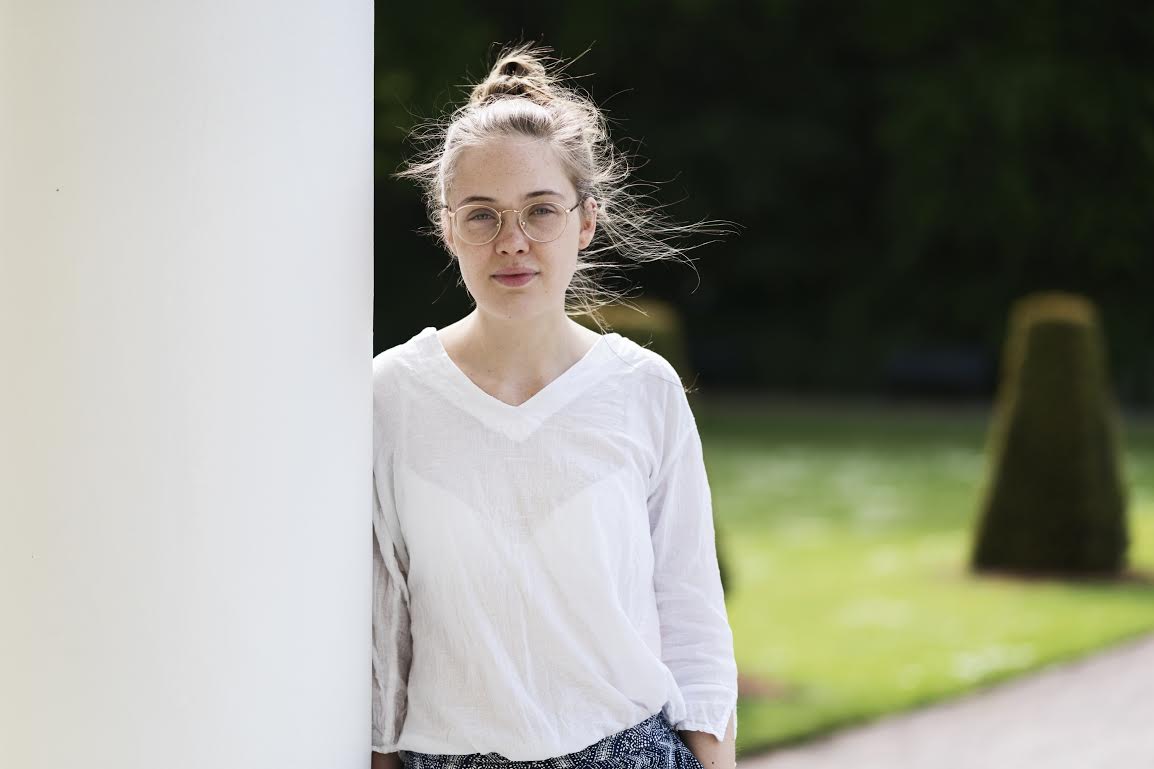
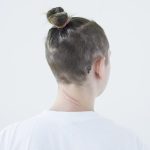



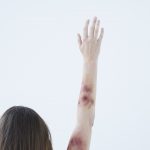
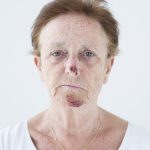
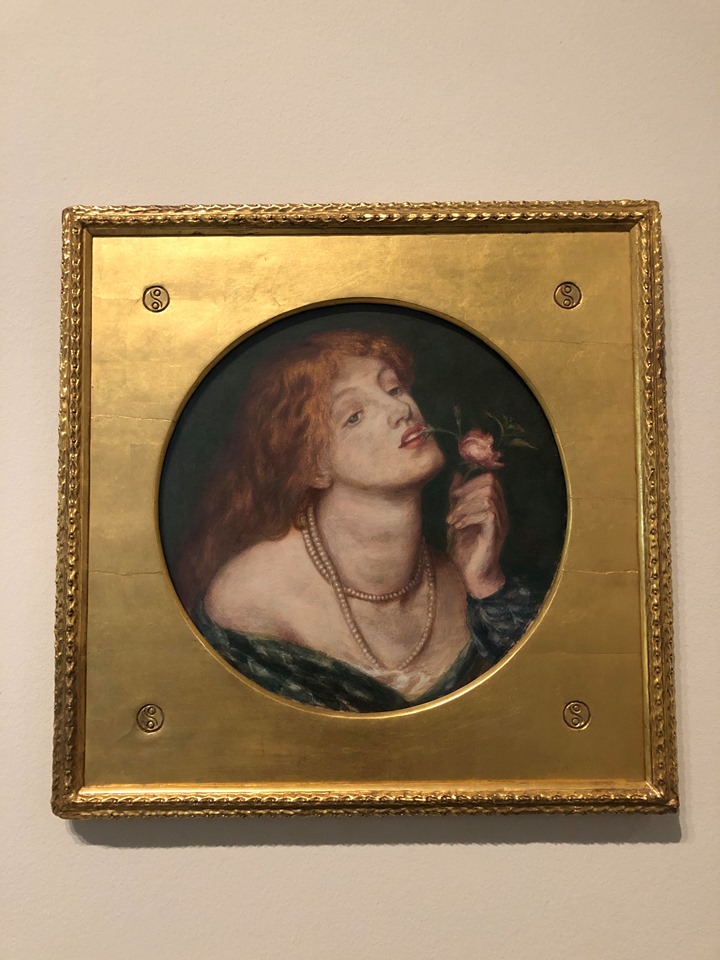
Since most of these sources discriminate against male survivors it would have been a good idea to leave a link to Mankind. Then again, you probably don’t care; you single out women even though men make up 40% of domestic abuse survivors. So much for gender equality.
“it can happen to anybody – to women of all ages, backgrounds and with different sexualities.”
This really makes it sound like you don’t think that male survivors are even people.
Please consider educating yourself and not propagating myths about the nature of abuse. It is part of the reason that I have to choose between studying at a university where my abusive ex-partner attends and giving up on the only thing that I have left.
Hi James,
Thanks for your comment. We care about all kinds of domestic violence (against everyone regardless of gender identity: women, men and non-binary people) and we are aware of both Mankind and the statistics about male domestic abuse survivors. That being said the project was focused on female survivors as that was the photographers choice, if you know any photographers/poets/authors (and anyone in-between) that would like to work on a similar project do get in touch with us/get them in touch with us as we’d like to continue expanding the awareness for domestic violence.
We understand this is important for you and would welcome you writing a letter to Fraser, our Letters Editor, as I’m sure it can be an interesting and informative piece for our next edition.
Yes, it was the author’s choice to discriminate against survivors because of their gender and support myths about domestic abuse. That doesn’t make it okay. Your response defends the author and to be honest makes me feel even more hopeless.